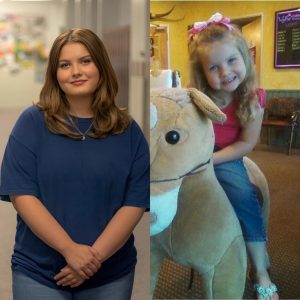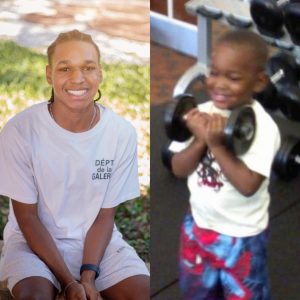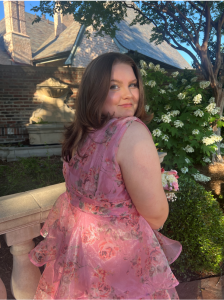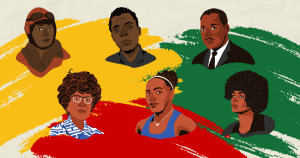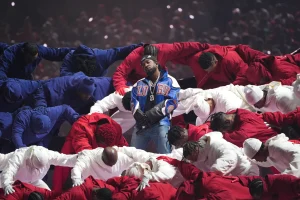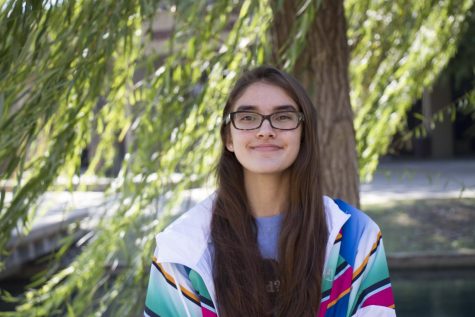Students begin voting
October 13, 2017
Students 18 years of age have the opportunity to exercise their right to vote by filling out a voter registration card located in sub school, the fishbowl or their government class before Oct. 10 just in time for the Nov. 7 election.
“Voting is the most powerful tool you have in affecting your government,” AP Government teacher Jennifer Morbitt said.
The Nov. 7 election is a state constitutional amendment election. After being approved by two thirds of the Texas Senate and Texas House of Representative, voters will have a direct say in which of the seven proposed amendments by the Texas Secretary of State, Rolando Pablos, will be put into the Texas constitution.
“The people having a say and choosing who their elected officials will be is the bedrock of democracy,” Assistant Principal Bryan Spiritus said.
Students who are eligible to vote before the upcoming deadline have the chance to voice their opinion in local and national government. Even though it is not as popular or well attended, local government is what impacts citizens’ day to day lives. When there is a referendum, an election for primary or caucus or even an election for mayor or city councilor, it is those people who make decisions on items, like local property taxes, that most impacts citizens.
“Even in an older age group, the local elections are not very well attended or voted on,” Spiritus said. “That is a national issue among all demographics.”
In June, there was a preliminary runoff election. Of the approximately 159,000 registered voters in Collin County, only 11 percent of people voted, reported from the Plano government website.
“It is uncommon for the 18 to 25 age group to vote. Out of all the age categories, that is the age group that is least likely to vote,” Morbitt said. “Politicians do not see this group as a threat to their campaign primarily because they do not vote. Tactics including lobbying, joining interest groups and even writing letters are only methods of persuasion. Voting allows citizens to voice their opinion in a strong direct way.”
In a recent survey conducted by Credible, a student loan finance website, 50 percent of millennials would give up their right to vote in the next two presidential elections in exchange for debt forgiveness. People have fought and died protecting an ordinary citizen’s right to vote, which is why it should not be taken lightly.
“I try to encourage them to register,” Morbitt said. “I’ll have stacks at the front of my classroom for anytime throughout the year that they become eligible.”
As a way of increasing votership among the 18 to 25 age group, voter registration cards will be provided in government classes, sub school and in the fishbowl. Tables will also be set up in the next couple of weeks by the PTSA where cards will be handed out.
Once voter registration cards are filled out they can be turned into sub school. From there they will be mailed out by the school. If a student is not eligible to register, they have the opportunity to do so when they renew their license at the DPS.
Senior Mikhal Dragolich, who is 18 years old, registered to vote when he got his permit this year. Although he does not take an active interest in local politics, like many citizens, he said he will be voting in the Nov. 7 election.
Senior Sean Krause will turn 18 by the time the election rolls around. He filled out his registration card in his first period government class taught by Alex Marbukh. Krause, a politically engaged student, said he cares deeply about national government, but does not so much about local politics.
“I would care about local politics if it were easier to follow. It’s really hard to find information on local politicians,” Krause said.
Even though local elections are not as glamourous or even as interesting as national elections and politics, it affects people’s daily lives on a personal level.
“A lot of people think that voting doesn’t matter, but ultimately it is the most fundamental right you get as a citizen,” Davis said.

